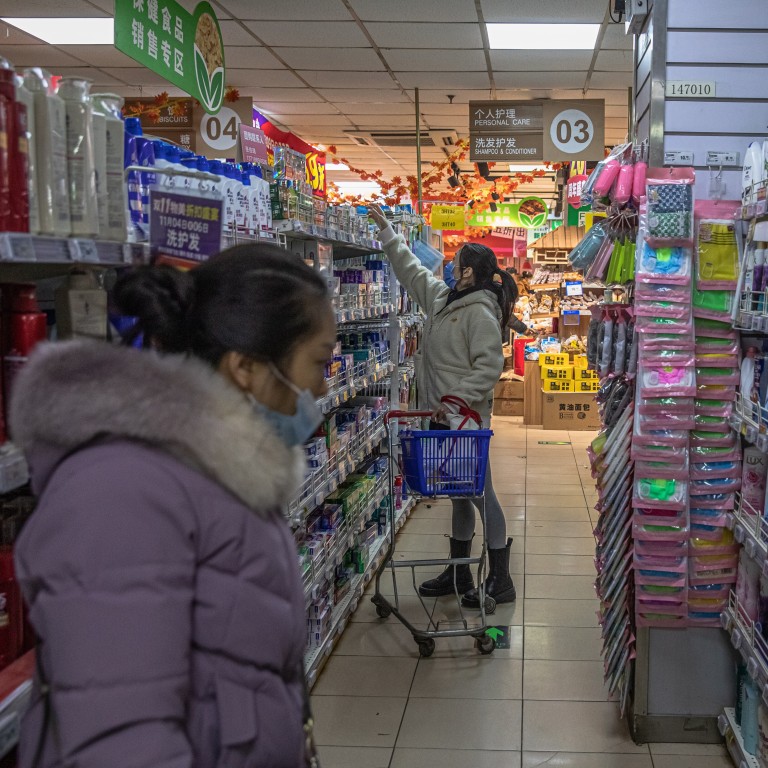
Hong Kong stocks snap two-day drop as they track new highs on Wall Street amid stimulus package progress
- Hang Seng Index closes 0.8 per cent higher at 26,502.84, ending two days of declines
- Shanghai Composite Index slumps most in two weeks after a decline in consumer inflation prices raises concern about the sustainability of the economic recovery
Hong Kong stocks rose for the first time this week, taking cue from a Wall Street rally that propelled a US benchmark to a record high, as hopes emerged in Washington for a fresh stimulus package to combat the economic fallout of the coronavirus pandemic.
Other major stock gauges in the Asia-Pacific region rose as well except China, with benchmarks in Japan and South Korea climbing at least 1.2 per cent.
The S&P 500 rose 0.3 per cent to an all-time high overnight. US Senate Majority leader Mitch McConnell suggested setting aside some issues that have been blocking a relief package – a strategic retreat aimed at striking a deal, while Treasury Secretary Steven Mnuchin presented a new US$916 billion relief proposal to House Speaker Nancy Pelosi.
“With the markets starting to exhibit some year-end fatigue, any stimulus … will come at a most welcome time and ensure that well-subscribed equity markets will cross the year-end finishing line on a positive note,” said Stephen Innes, a strategist at Axi.
China’s Shanghai Composite Index slid 1.1 per cent for the biggest decline in two weeks, with the sell-off deepening in the afternoon, on angst about the economic outlook after consumer prices fell for the first time in more than a decade.
Consumer prices dropped 0.5 per cent from a year earlier in November, the first decline since October 2009, while the deflation in producer prices eased, according to an official report released by the statistics bureau on Wednesday morning. The deflationary consumer inflation was mainly driven by a drop in pork prices, the agency said. Other November data such as industrial output and retail sales is due next week.
While the weak data reduces the likelihood that the central bank will unwind its loose monetary policy it casts a doubt on the sustainability of the economic recovery.
In Hong Kong, smartphone maker Xiaomi and Geely Automobile Holdings were the biggest gainers on the Hang Seng gauge, rising at least 3.8 per cent.
China Resources Mixc Lifestyle Services, the property management unit of China Resources Land, surged as much as 48 per cent from the initial offer price to HK$32.90 on the first day of trading in Hong Kong. The stock trimmed the gain to 26 per cent at HK$28 at the close.
In Shenzhen, Tianqi Lithium surged 5.9 per cent daily limit to 31.30 yuan after saying that it plans to sell a stake in a lithium mine for US$1.4 billion.

